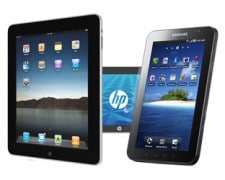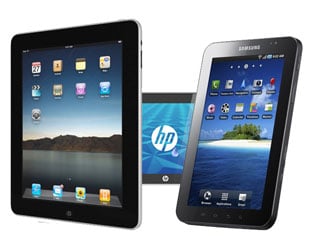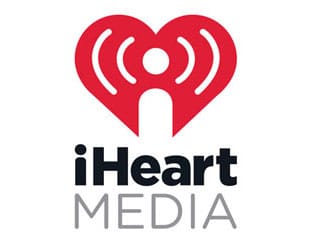 Todd Young (R-IN) wrote a letter to CTIA’s Steve Largent requesting that his organization take the lead in making sure mobile phones can pick up FM radio as a safety measure. Ironically, the letter was dated the very same day as the bombing during the Boston Marathon rendered most cell phones useless.
Todd Young (R-IN) wrote a letter to CTIA’s Steve Largent requesting that his organization take the lead in making sure mobile phones can pick up FM radio as a safety measure. Ironically, the letter was dated the very same day as the bombing during the Boston Marathon rendered most cell phones useless.
Young told Largent about tornadoes that ravaged his state in 2012, and hit his district particularly hard. “What these storms teach us is that it is critically important to have ready access to emergency alerts and information before, during and after times of crisis,” wrote Young. “To that end, I encourage you to lead an industry effort to equip mobile devices with broadcast radio for emergency preparedness. An activated radio chip in mobile handsets would greatly enhance the effectiveness of a nationwide emergency alert system that could very well save lives.”
Young noted that in the case of millions of wireless devices, the chips are they, they simply aren’t turned on. He said rectifying that situation would instantly give some 343 million wireless subscribers access to emergency information.
Young concluded, “Mobile broadband and radio broadcasting can and should operate together in partnership to provide lifesaving information to Americans in times of crisis. Again, I ask that CTIA work with its wireless partners to include enable4d radio receivers in mobile devices so that during times of natural disasters, such as the storms we faced in Indiana, every consumer can get the emergency alerts and information they need to stay safe.”
RBR-TVBR observation: Some things just make sense. We know for a fact that very few of us wanted mandatory seat belts in our vehicles – yet seatbelts we got. For quite some time, many of us simply did not use them. But over time, we did use them and our nation is better for it. And our children know no other way.
The cell industry says that people are not clamoring for FM chips in phones, but as Boston proved yet again, the ability to harness broadcast’s one-to-many distribution model is critical when trying to disseminate information during a crisis.
The FM chip is a public safety, public interest matter.
And as Emmis’ Jeff Smulyan keeps pointing out, where cell phones do provide access to FM, the service is popular. People may not know that they want it, but there’s an excellent chance they’ll love it once they have it.





